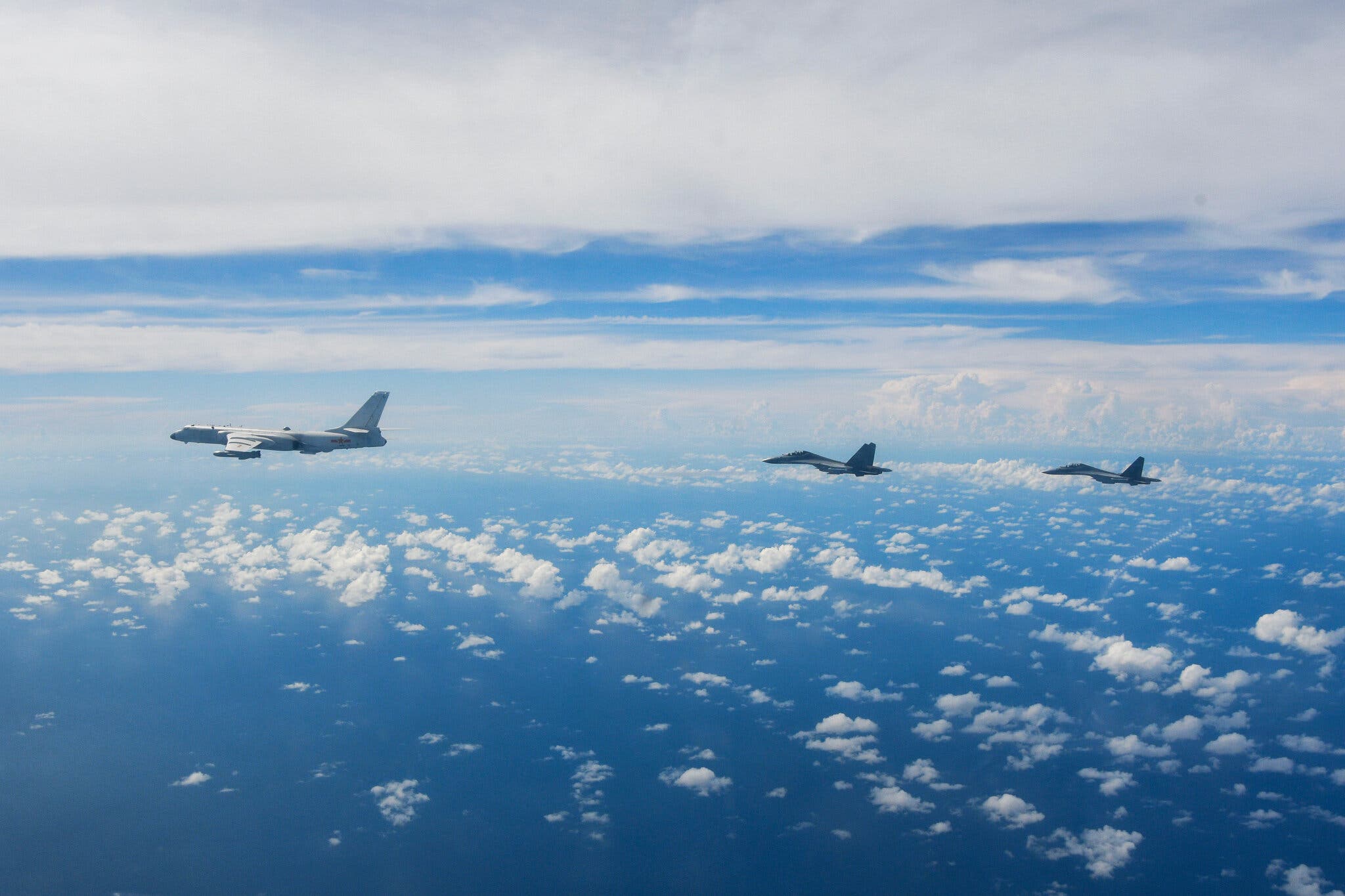During a trip to China more than a decade ago as vice president, Joe Biden gave a speech celebrating the United States as the wealthiest country ever. The United States, he said, was two and a half times as rich as his host nation.
That afternoon, when Mr. Biden met his counterpart, Xi Jinping, for an informal stroll, security dominated the discussion. Mr. Xi complained that Washington was sending surveillance planes to spy on China, and Mr. Biden replied that the flights would continue, he would later tell American journalists.
Back then, such differences looked relatively manageable, not least because of regular meetings between the two nations’ officials. Now, that wealth gap has narrowed, the security challenges are more perilous and the communication is minimal.
As their country’s leaders, Mr. Biden and Mr. Xi are increasingly on a collision course that risks bringing about a new version of the Cold War, diplomats and analysts say. Military, economic and ideological tensions reverberate unchecked between the two powers. American allies in the Asia Pacific region fear being squeezed by Beijing, as China builds out its nuclear arsenal and competes for semiconductors.
And China, seeking to create an alliance of autocracies, is increasingly finding common purpose with Russia, with Mr. Xi and his Russian counterpart, Vladimir V. Putin, set to meet in person later this week. Despite Russia’s setbacks in its war with Ukraine over the past week, Beijing isn’t likely to change its approach to the relationship. It needs a strong partner in Moscow to push back against what it sees as American hegemony.
Meanwhile, Beijing and Washington are moving farther apart. After Speaker Nancy Pelosi visited Taiwan in a show of support for the self-ruled democracy that China claims as its own, Beijing canceled three rounds of military talks and postponed five others on climate and international crime. The military discussions, while sporadic and often formulaic, were still considered important in an increasingly risky environment, with American and Chinese ships often navigating perilously close to each other in the waters off China.

“Around us, a storm is gathering,” Prime Minister Lee Hsien Loong of Singapore said in a speech last month. “U.S.-China relations are worsening, with intractable issues, deep suspicions and limited engagement between them. This is unlikely to improve anytime soon.”
Mr. Lee said he was concerned that “miscalculations and mistakes” could easily make things worse.
Not that long ago, the climate was at least modestly better.
After Mr. Xi became China’s top leader, he was quickly welcomed by President Barack Obama at a California estate. The Chinese leader visited four American cities in 2015, and Mr. Obama went to China. Their deputies convened regularly in each other’s capitals, and large delegations of top officials held annual forums.



















Comments
Viêt add commnet